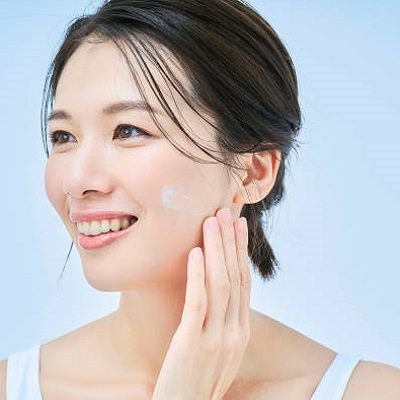Skin Whitening in Islamabad: Trends and Considerations
In Islamabad, the pursuit of fairer skin is a significant trend, deeply rooted in cultural beliefs and societal norms. The desire for lighter skin is influenced by historical, social, and economic factors, and this blog explores the cultural implications, treatment options, and important health considerations surrounding skin whitening in the capital.
Cultural Implications
In Pakistani society, particularly in urban areas like Islamabad, lighter skin is often viewed as synonymous with beauty and status. This preference stems from historical contexts and social hierarchies where fair skin has been associated with privilege. The colonial past of the region has left lasting impressions on beauty standards, leading to an idealization of lighter complexions.
Media plays a pivotal role in reinforcing these ideals. Television dramas, films, and advertisements frequently depict fair-skinned individuals as the standard of beauty, putting pressure on people, especially women, to conform. Many believe that a lighter complexion can improve marriage and employment prospects, driving the demand for skin whitening products and treatments.
Treatment Options:
The rising demand for fair skin has led to a variety of skin whitening treatments available in Islamabad, categorized into topical products, professional treatments, and natural remedies.
1. Topical Products
A vast array of skin whitening creams, lotions, and serums is available in beauty stores and pharmacies. Many of these products contain active ingredients such as hydroquinone, kojic acid, and vitamin C, known for their skin-lightening properties. While some users report positive outcomes, caution is warranted as many products may be unregulated and could contain harmful substances.
Some over-the-counter creams might include mercury or high concentrations of hydroquinone, which can cause severe skin issues, including rashes and long-term damage. Consumers should look for FDA-approved products and consult a dermatologist before starting any skin whitening regimen.
2. Professional Treatments
For quicker or more pronounced results, numerous beauty clinics in Islamabad offer professional skin whitening treatments, including:
- Chemical Peels: This procedure involves applying a chemical solution to exfoliate the skin, removing dead skin cells and promoting the growth of new, lighter skin. It should only be performed by qualified professionals to minimize risks.
- Laser Treatments: Laser therapy effectively targets pigmentation and can significantly lighten the skin. While beneficial, these treatments can be expensive and often require multiple sessions.
- Microdermabrasion: This non-invasive procedure exfoliates the outer layer of skin to improve texture and reduce pigmentation. It is generally safe but may need several sessions for optimal results.
3. Natural Remedies
Natural remedies are also popular among those seeking skin whitening. Ingredients like turmeric, lemon juice, and yogurt are commonly used for their reputed brightening effects. While these methods are seen as safer, effectiveness can vary, and results may take longer to appear.
It’s essential to remember that natural doesn’t always mean safe; conducting patch tests is advisable to avoid adverse reactions.
Health Considerations:
The pursuit of lighter skin can carry significant health risks. Many unregulated skin whitening products may contain harmful ingredients that can lead to severe skin conditions. Prolonged use of certain substances can result in skin thinning, increased susceptibility to sun damage, and other dermatological problems.
Consulting a dermatologist before starting any skin whitening regimen is crucial. A qualified professional can provide personalized recommendations based on individual skin types and conditions, ensuring that chosen methods are both safe and effective.
Embracing Diversity:
While skin whitening remains a prevalent trend, there is a growing movement in Islamabad advocating for the acceptance of all skin tones. Influencers and activists promote body positivity and challenge traditional beauty standards, encouraging individuals to embrace their natural complexion.
Social media platforms are increasingly used to support these movements, with campaigns aimed at redefining beauty standards and fostering self-love. By raising awareness and educating the public, society can work toward diminishing the stigma surrounding darker skin tones.
Conclusion:
The trend of skin whitening in Islamabad reflects complex cultural beliefs and societal pressures. While various treatment options are available, it is vital to approach skin whitening with caution and prioritize health. As discussions about beauty norms evolve, embracing diversity and promoting self-acceptance will play a critical role in redefining these ideals.
Ultimately, beauty is not solely defined by skin color but by confidence and individuality. By fostering a culture of acceptance and appreciation for all skin tones, Islamabad can move toward a more inclusive understanding of beauty that celebrates diversity and encourages everyone to feel beautiful in their own skin.













Post Comment